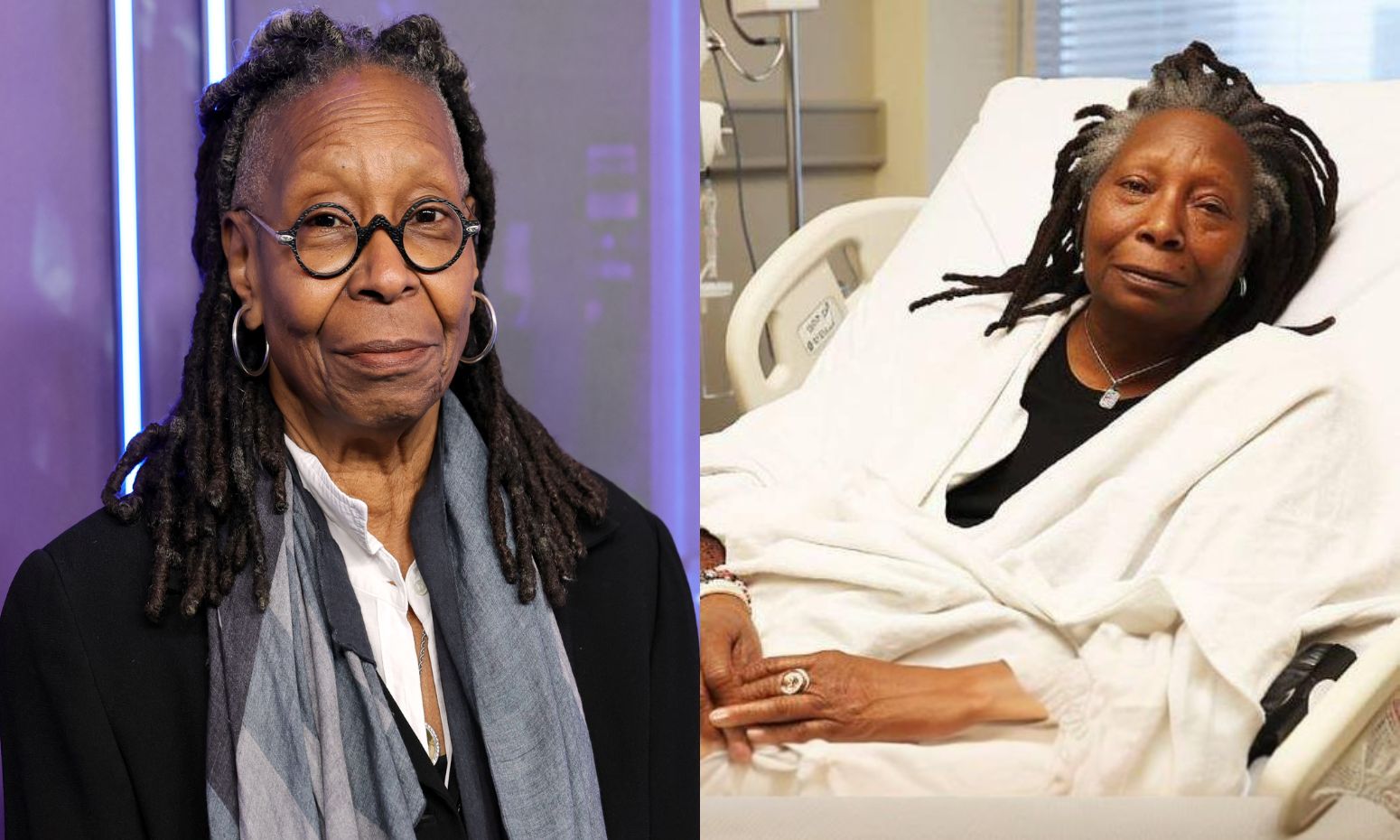Phillis Wheatley Peters was 𝐛𝐨𝐫𝐧 in West Africa in 1753. At the age of eight, she was kidnapped, enslaved in New England, and sold to John Wheatley of Boston.

In 1771, Wheatley accompanied John Wheatley’s son, Nathaniel, to London. She was well received in London and wrote to a friend of the “unexpected and unmerited civility and complaisance with which I was treated by all.” In 1773, thirty-nine of her poems were published in London as Poems on Various Subjects, Religious and Moral, which became the first book of poetry published by an enslaved African-American in the United States. The book includes many elegies as well as poems on Christian themes; it also includes poems dealing with race, such as the often-anthologized “On Being Brought from Africa to America.” She returned to America in 1773.


